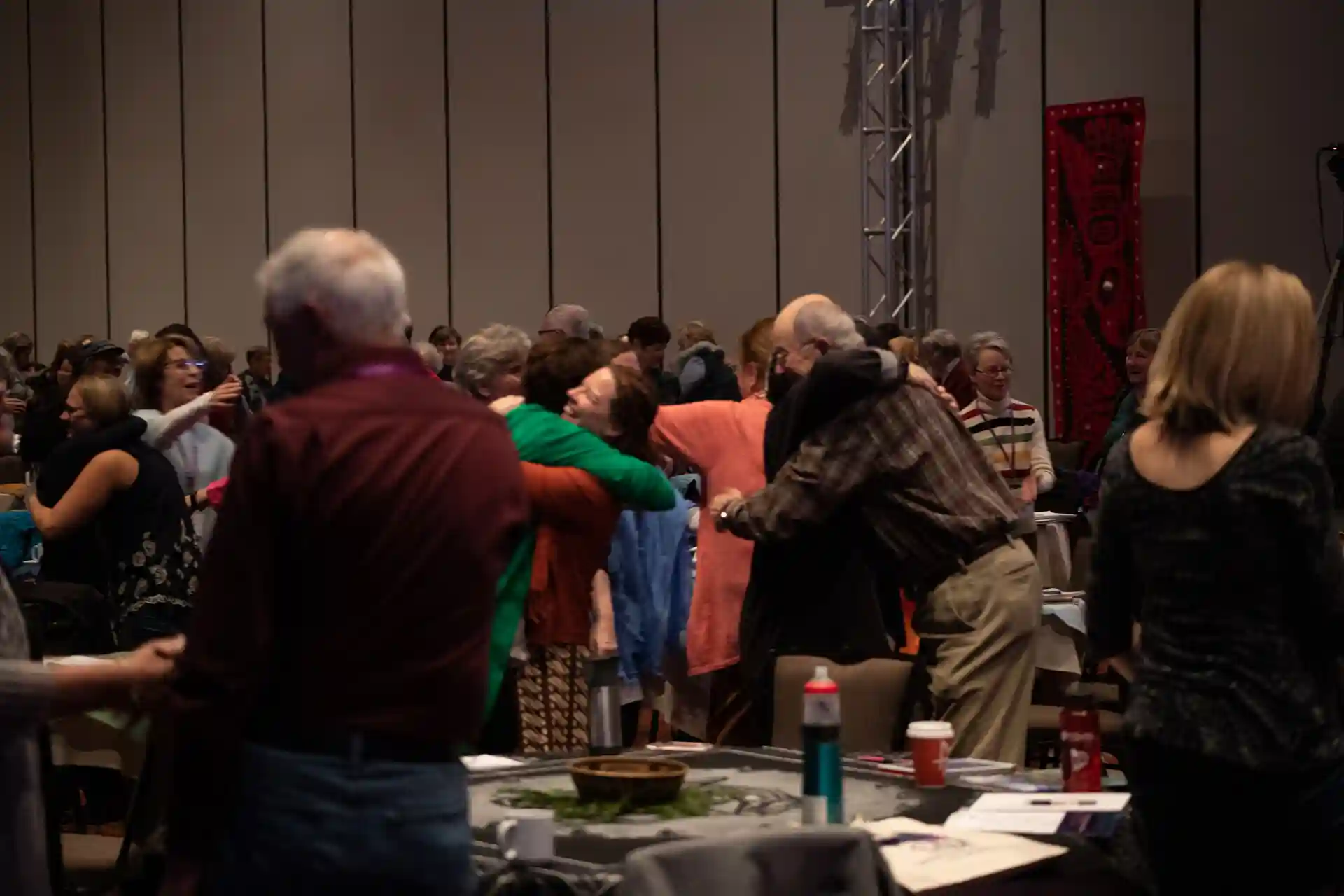Editor’s Note: Teresa Blythe is one of the presenters in the SDI webinar series Making a Living as a Spiritual Director. Her book is reviewed below by Daniel Haas.
The sticker on my windshield tells me that my car needs an oil change every three months or after so many miles. I go in for a spiritual oil change at least every three months, too – preferably every one or two. People have done that since the dawn of time. In recent years spiritual direction has entered the mainstream. More and more people understand that body, mind, and spirit need regular check-ups and check-ins. And where there is a demand, there will also be a supply. Spiritual direction comes out of the monastic tradition but is now available to everyone and offered by persons from a variety of backgrounds.
In her book Spiritual Direction 101, Teresa Blythe addresses those who want to hang their shingle and become active practitioners of spiritual direction. Blythe makes the point that anyone can call her or himself a spiritual director. The title and the work are not regulated by law. Still, she insists on maintaining the ethics of the profession as outlined by Spiritual Directors International. One big take-away for the aspiring or practicing spiritual director is not to do this work alone. Blythe emphasizes that spiritual directors should participate in spiritual direction themselves as well as receive regular supervision from peers or a mentor.
If Blythe’s book is your first formal education in spiritual direction, you will love it for its bibliography. There you will find important classics and a few hip and coming approaches. Blythe also shares abundantly from her own praxis of many years — like a list of questions a spiritual director can ask – and a seeker can answer – with the top three being:
- What is it you care most about in life?
- When do you feel most fully alive?
- When do you feel least alive?
Blythe also suggests that spiritual directors must always make space for deep spiritual guidance. “This is one of the great tests of spiritual direction,” she writes, “if you can remember that God is the true director.†Whether you work with groups or individuals, whether you work with cisgender or transgender persons, whether you work with people who are similar to you or very different, spiritual direction, she adds, is about “honoring the third chair” — a reality that transcends the here and now. From this spirit of inclusion, Blythe discusses how to work with the aging, the addicted, clergy, and other groups.
Finally, Blythe gets into the nitty gritty of setting up shop: location, decoration, pricing, marketing and more. Spiritual directors see their directees in coffee shops, church offices, professional offices or retreat centers. In some cases, they do not charge a fee. In others, they charge fees similar to what a clinical psychologist or life coach charge. And you don’t have to do spiritual direction as a stand-alone business. Many directors also teach and offer related services.
Developing your calling into a sustainable praxis requires a lot of discernment. It is probably best to check in with your own spiritual director about that when next you meet.
By the way, I just scheduled my next spiritual oil change. How about you?

Guest Author Name
Daniel Haas provides pastoral care in his capacities as pastor and chaplain. Daniel has found that two groups find his direction most helpful: military veterans and spouses as well as immigrants. As an immigrant himself, he can remember the physical headache that switching from one language to another initially causes. The soul is strained by living in different cultures, finding a new identity between expat and immigrant, and managing the logistics of intercontinental family life. Daniel is based in Houston, Texas and blogs at http://danielhaas.org.




